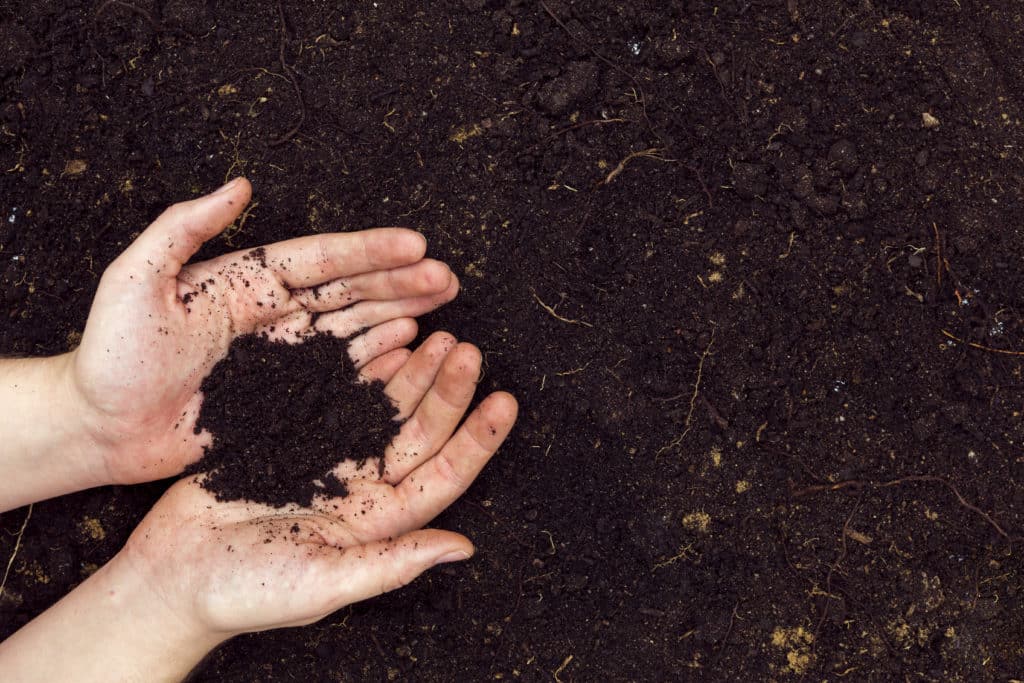Plastic Pollution in India and Need for Sustainable Alternatives
Plastic waste is a growing problem around the world, with millions of tons of plastic ending up in landfills, oceans, and other ecosystems each year. Unfortunately, India is one of the world’s largest consumers of plastic with over 9 million tons of plastic waste produced each year and approximately 10% increase in plastic pollution levels in the Arabian Sea in just the last decade, as per a 2018 study by the Central Marine Fisheries Research Institute (CMFRI).

India’s plastic waste is expected to increase by 165% by 2030 and of which up to 75% of all plastic pollution comes from single-use plastic items such as bags, bottles, plates, and packaging, according to a report by the United Nations Environment Programme.
The Indian government has already taken steps to address the problem of plastic pollution, including a ban on single-use plastics in many states and a national initiative to phase out single-use plastics by 2022. However, enforcement of these regulations has been inconsistent and plastic pollution remains a significant environmental challenge in India.
When single-use plastic products are used, they often end up in landfills or other ecosystems where they can take hundreds of years to decompose and contribute to ocean pollution, where they can harm marine life and ecosystems. Additionally, the production and disposal of single-use plastic products contribute to greenhouse gas emissions and other environmental problems.
While paper may seem like a better option than single-use plastic, paper products also have harmful effects on the environment. Paper products are often made from trees, which means deforestation and loss of natural habitats for wildlife. Then the manufacturing of paper products involves chemicals that can pollute the air and water. The bleaching process, for example, can release harmful chemicals like chlorine into the environment. Additionally, the production process for paper products requires significant amounts of water and energy, which contributes to carbon emissions and climate change.

So, to reduce the plastic pollution, it is important to consider more sustainable and eco-friendly options. In India over the last few years, many companies have explored and produced more sustainable alternatives, such as tableware made from agricultural waste by qudrat.
qudrat’s disposable tableware is made from agricultural waste, such as rice bran, rice straw and rice husk, and is 100% biodegradable, making them a sustainable and environmentally friendly option and perfect for those seeking an alternative to plastic or paper plates. The company’s mission is to take a step towards a plastic-free, carbon-neutral, and sustainable future with every plate served.

qudrat's Biodegradable Tableware: More Than Just a Mealtime Solution
While there are many sustainable disposable tableware options, qudrat’s tableware offers additional benefits beyond just being a mealtime solution, as the company’s mission is to give back more to nature than they take from it, and all its products are designed with this goal in mind.
qudrat’s products are versatile and can be put to a variety of work. One of the most notable uses of the plates is as a fertilizer for plants in the garden. The plates are made from agricultural waste such as rice bran, rice straw and rice husk, which is high in nitrogen and can be broken down into small pieces and used as compost. This compost can be used as a natural fertilizer to improve soil quality and enhance plant growth. By using these plates as compost, not only are they being kept out of landfills but also enriching the soil, leading to a healthier environment. The manufacturing facility of qudrat at Trivandrum follows this practice. All the defective pieces from the factory are sent to the organic garden adjacent to the facility and utilized as fertilizer for the soil. The vegetables grown in these fields are then consumed by the staff at qudrat for nutrition and nourishment of the body.
Moreover, qudrat’s biodegradable plates can also be used for educational purposes by parents as well as schools. Parents of young children can engage kids in activities by breaking these plates into smaller pieces and using them for fertilizing the garden. This way kids can learn about sustainability and the importance of reducing waste. By showing kids how these plates can be used as compost, they can learn about the benefits of reusing and repurposing materials.

The biodegradable plates can also be used in schools as part of educational activities on sustainability and the environment. For teaching schools about composting through practical experience, schools can collect qudrat’s plates to a compost bin after use and allow these plates to break down and turn into nutrient-rich compost that can be used to fertilize plants. This way students will learn through application and retain information about composting practices. Students can also learn about the process of seed starting. Simply cut qudrat’s plates into small pieces and use them to make seed starters as the plates hold moisture and provide nutrients allowing the seeds to grow. Once again giving an applied learning environment to students at school.

Another way of using qudrat’s tableware at home or school is for art projects. qudrat’s products can be used as a canvas for art projects. They can be painted, cut, and glued to create unique pieces of art.
Finally, these biodegradable single use plates and cups can be safely fed to animals. The plates are made from all-natural agricultural materials, which are already part of animal diets, so feeding them these plates is safe. By repurposing the plates for animal feed, we are taking a step towards a circular economy where waste is minimized, and everything is used to its fullest potential.

These are just a few examples of how qudrat’s biodegradable tableware can be used beyond just serving food. By reusing and repurposing the plates, we can reduce waste and together create a more sustainable future.
Visit our product page to view and order qudrat’s eco-friendly & 100% biodegradable disposable plates.



